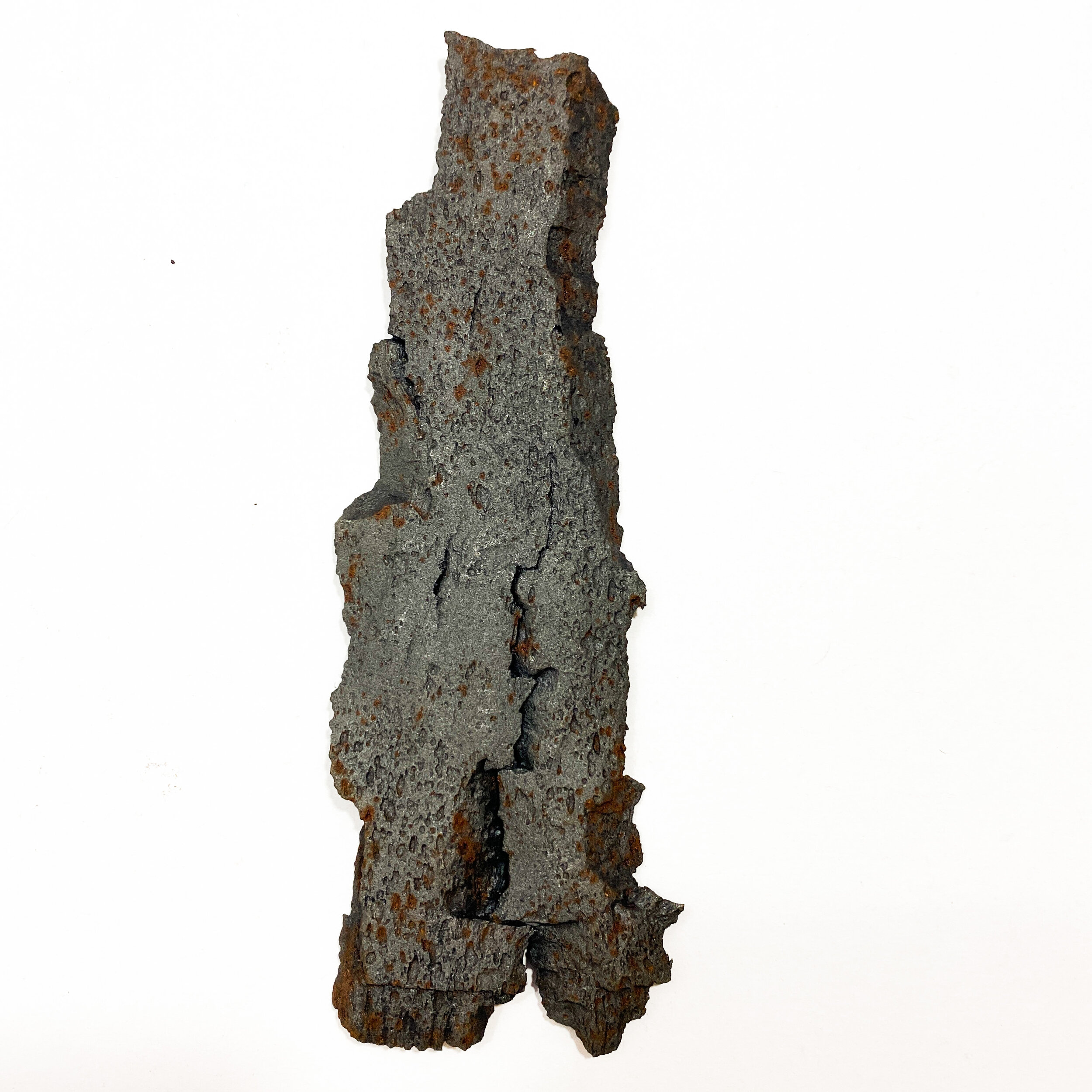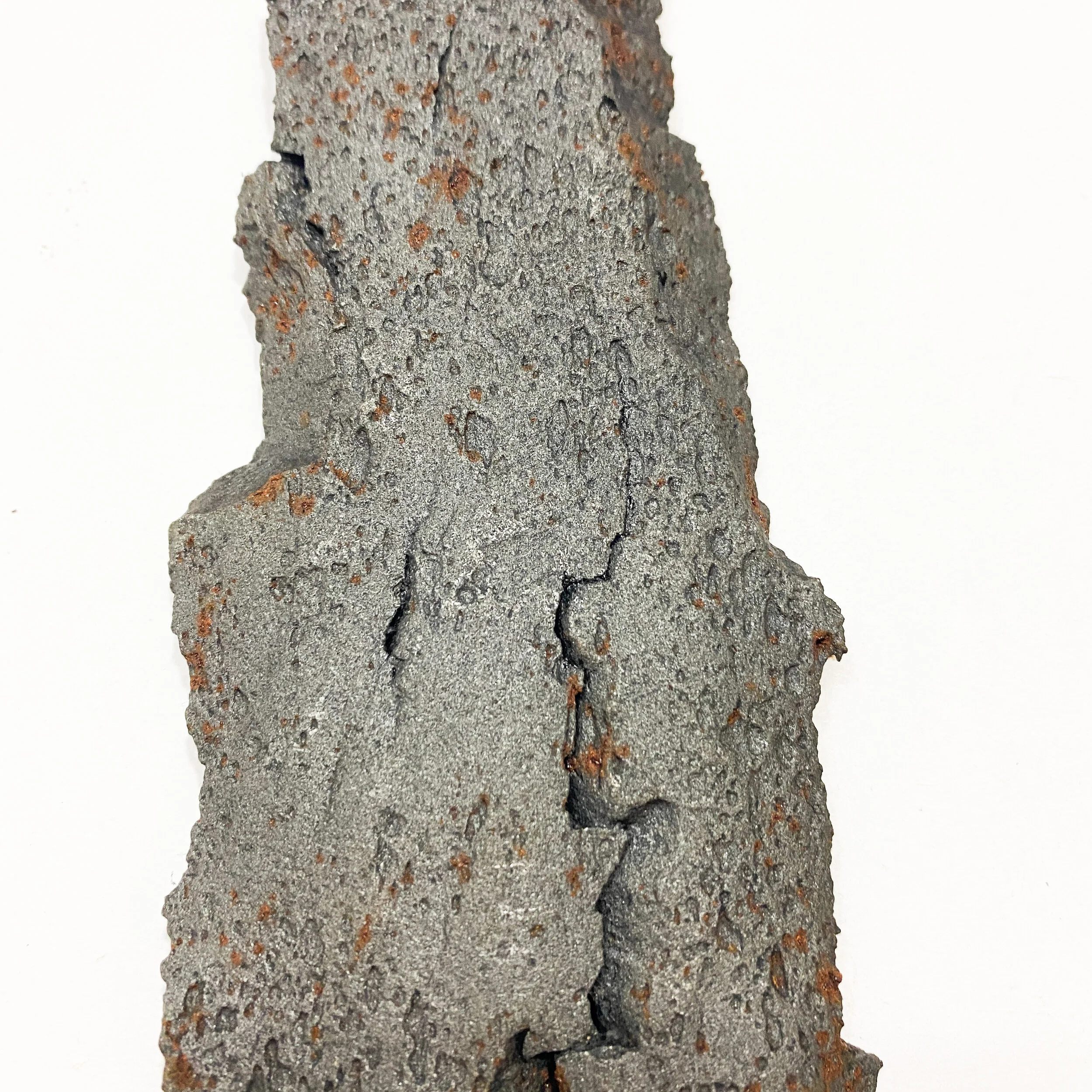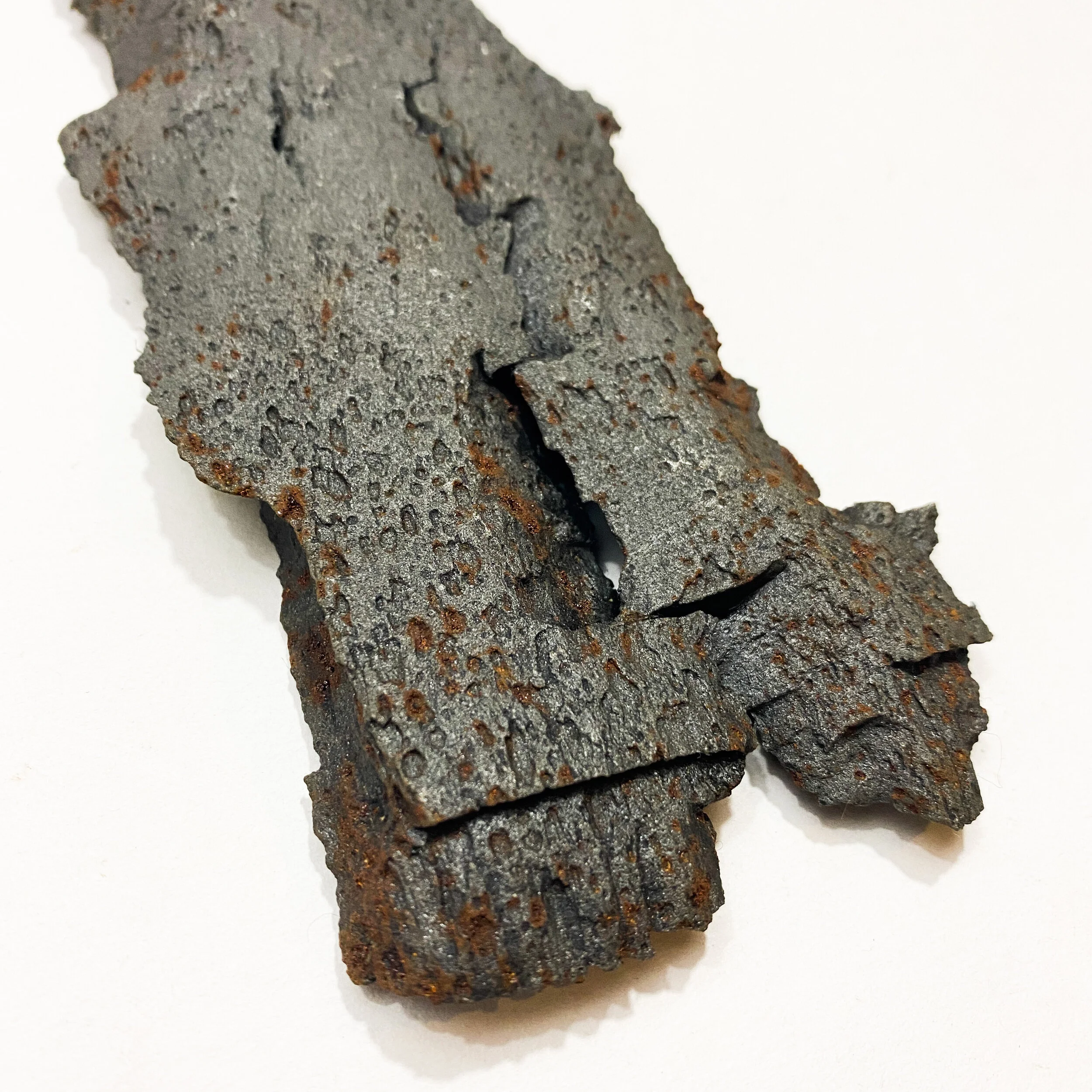Extremely Large Battlefield Dug Explored Artillery Shell Shrapnel Fragment









Extremely Large Battlefield Dug Explored Artillery Shell Shrapnel Fragment
Size: 8 x 2.5 inches
Is extremely large World War 1 artillery shell fragment was dug and excavated off of a World War 1 battlefield and professionally cleaned. This museum grade artillery fragment shows the death that rained above soldiers as artillery barrages were fired constantly. This fragment comes off of an extremely large shell-casing and was fragmented upon impact or explosion in the air.
Use of Artillery during WWI:
During the outbreak of World War I trench warfare dominated the battlefield. The tactics and strategies used by both opposing sides raised a new level of importance for the use of artillery on the battlefield. As a result, over the course of the war, major improvements were developed in artillery warfare. Not only were the designs of the artillery cannons improved, but they now carried larger high explosive shells that could be shot with a much faster rate to fire. Enemies in trenches near and far were no longer safe as constant barrages of artillery could now be fired upon at a rate of several rounds per minute for hours. Soon to become known as artillery barrages soldiers didn't need to "go ‘over the top’ in order to face danger. The impact of artillery shells caused trenches to implode and bury soldiers and their equipment, as well as timed fuzes set to explode while the shell is in the air, projecting deadly fragments of lead balls and shell casing onto the soldiers below. Explosions such as these created a rapid movement for the development of new helmets and headgear to protect front line soldiers against the deadly effects of shrapnel. While the helmets did not protect soldiers from artillery fragments completely, it offered a sense of protection and some safety as these deadly fragments rain down upon them.